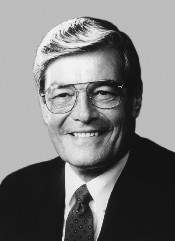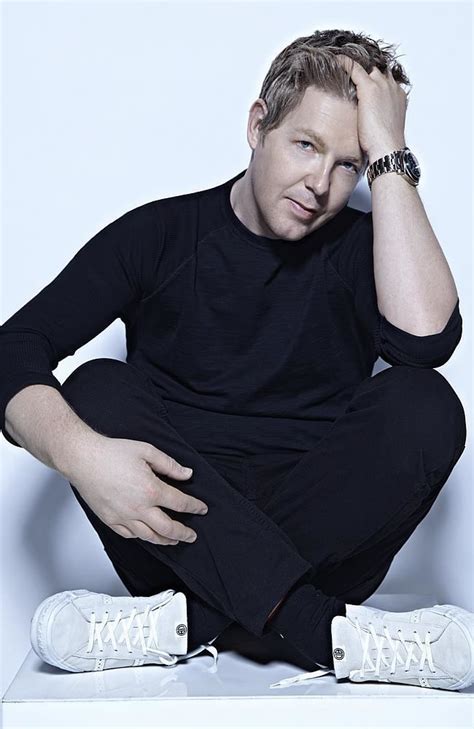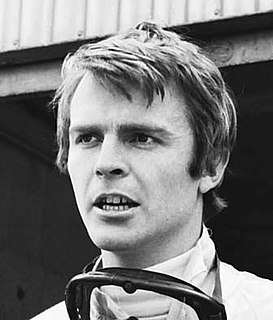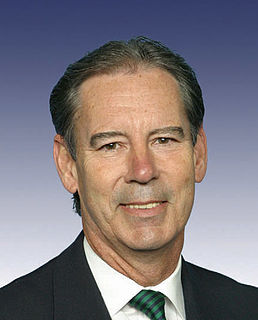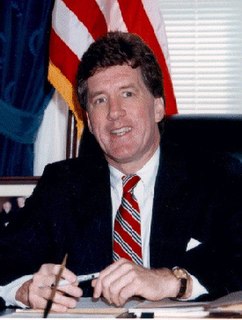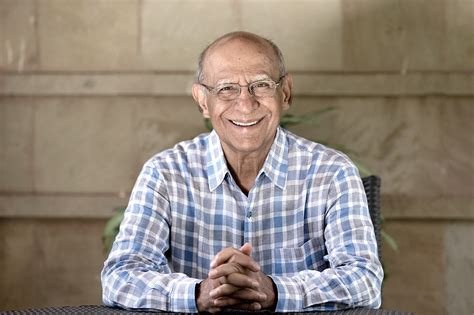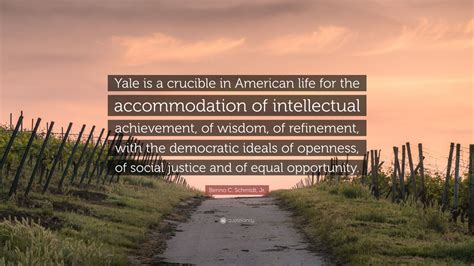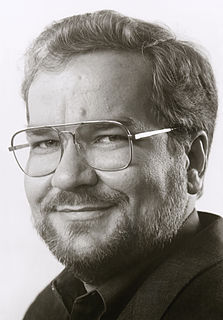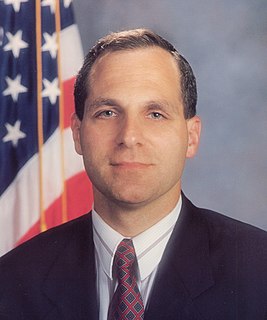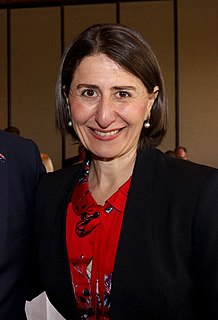Top 1200 Privacy And Security Quotes & Sayings
Explore popular Privacy And Security quotes.
Last updated on April 14, 2025.
We do have to balance this issue of privacy and security. Those who pretend that there's no balance that has to be struck and think we can take a 100-percent absolutist approach to protecting privacy don't recognize that governments are going to be under an enormous burden to prevent the kinds of terrorist acts that not only harm individuals, but also can distort our society and our politics in very dangerous ways.
The trouble is that privacy is at once essential to, and in tension with, both freedom and security. A cabinet minister who keeps his mistress in satin sheets at the French taxpayer's expense cannot justly object when the press exposes his misuse of public funds. Our freedom to scrutinise the conduct of public figures trumps that minister's claim to privacy. The question is: where and how do we draw the line between a genuine public interest and that which is merely what interests the public?
We have a media that goes along with the government by parroting phrases intended to provoke a certain emotional response - for example, "national security." Everyone says "national security" to the point that we now must use the term "national security." But it is not national security that they're concerned with; it is state security. And that's a key distinction.
What I do think is important is this idea of a 'privacy native' where you grow up in a world where the values of privacy are very different. So it's not that I'm against privacy but that the values around privacy are very different for me and for people who are younger than my parent's generation, for whom it's weird to live in a glass house.
In a democracy it is ultimately for us, the citizens, to judge where to place the balance between security and privacy, safety and liberty. It's our lives and liberties that are threatened, not only by terrorism but also by massive depredations of our privacy in the name of counter-terrorism. If those companies from which governments actually take most of our intimate details want to show that they are still on the side of the angels, they had better join this struggle for transparency too.
You have plenty of liberals out there who are all for the cops raiding their political enemies, they're all for the cops doing whatever they have to do to get whatever goods they want on their political enemies. And yet the Patriot Act comes, oh, you can't do it, it's an invasion of privacy. And yet in some cases they don't care about other people's privacy. Privacy is irrelevant to them depending on what the target is.
Privacy is an age of universal email collection and spying, with millions of CCTV cameras and warrantless spying pervasive; privacy has become virtually nonexistent and, therefore, extremely scarce and desirable. Bitcoin can be a completely anonymous transaction that maintains the user's privacy beyond the reach of any authority.
I don't think he would have had any trouble answering Justice Sonia Sotomayor's excellent challenge in a case involving GPS surveillance. She said we need an alternative to this whole way of thinking about the privacy now which says that when you give data to a third party, you have no expectations of privacy. And [Louis] Brandeis would have said nonsense, of course you have expectations of privacy because it's intellectual privacy that has to be protected. That's my attempt to channel him on some of those privacy questions.
I am worried about this word, this notion - security. I see this word, hear this word, feel this word everywhere. Security check. Security watch. Security clearance. Why has all this focus on security made me feel so much more insecure? ... Why are we suddenly a nation and a people who strive for security above all else?





